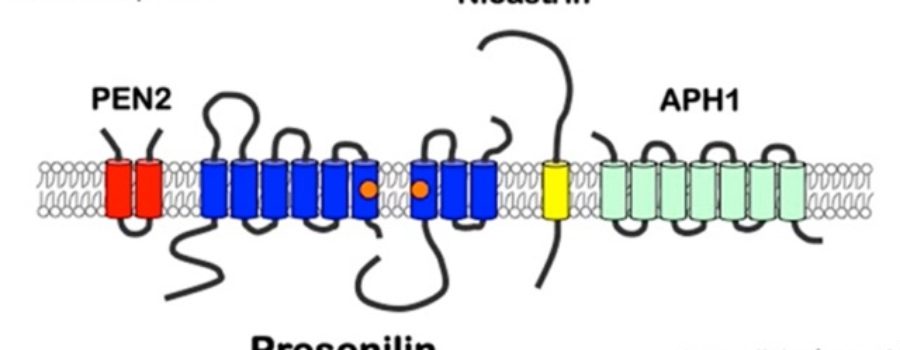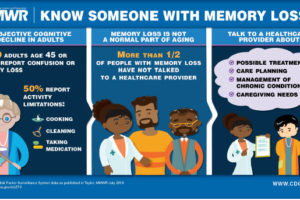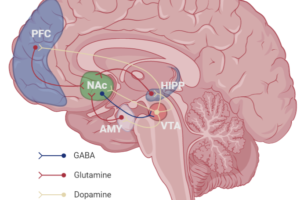Amyloid plaques are one of the key identifiers of Alzheimer’s disease, one of the deadliest diseases in the world. There are many key factors of amyloid plaques that lead to the spread and deterioration of the brain. However, there is a single gene associated with the formation of amyloid itself: the amyloid precursor gene.
The amyloid precursor gene produces the amyloid precursor protein. The gene itself is located in chromosome 21. In patients without Alzheimer’s, the protein is normally cleaved by beta and gamma secretase. This leads to clusters of harmless amyloid beta 40 and amyloid beta 42 peptides. However, mutations in the amyloid precursor gene can have disastrous effects; they are linked to 14% of Alzheimer’s related disorders.
highlight style=”alt”]The genes responsible for the production of the gamma-secretase complex are PSEN1, PSEN2, nicastrin, and APH-1[/highlight]. A mutation in some of these genes can lead to a lack of function of the gamma-secretase complex. Without this complex, amyloid proteins are not cleaved correctly, leading to larger amyloid peptide chains. These chains clump together and grow larger and larger until they form plaques. These amyloid plaques lead to loss of neural function and other characteristics associated with Alzheimer’s.
Not all mutations can lead to Alzheimer’s. The biggest gene at play is PSEN1. A mutation in this gene alone is responsible for 80% of Alzheimer’s cases. However, a mutation in the PSEN2 gene is only responsible for 5% of Alzheimer’s cases. This shows that specific gene mutations are associated with higher risks of Alzheimer’s than others.
Current research is being done to prevent the formation of Amyloid plaques. The most recent study was done by Mayo Clinic researchers and called for the elimination of heparan sulfates. These sulfates form on the brain and are believed to trap amyloid peptides, leading to the formation of amyloid plaques. They specifically targeted the sulfates in order to allow for more release of amyloid peptides and prevent blockages.
In conclusion, amyloid plaques are a direct contributor to Alzheimer’s disease. Looking for possible ways to prevent the buildup of amyloid plaques can help reduce the number of patients with Alzheimer’s dramatically.
Sources:







Most Commented Posts